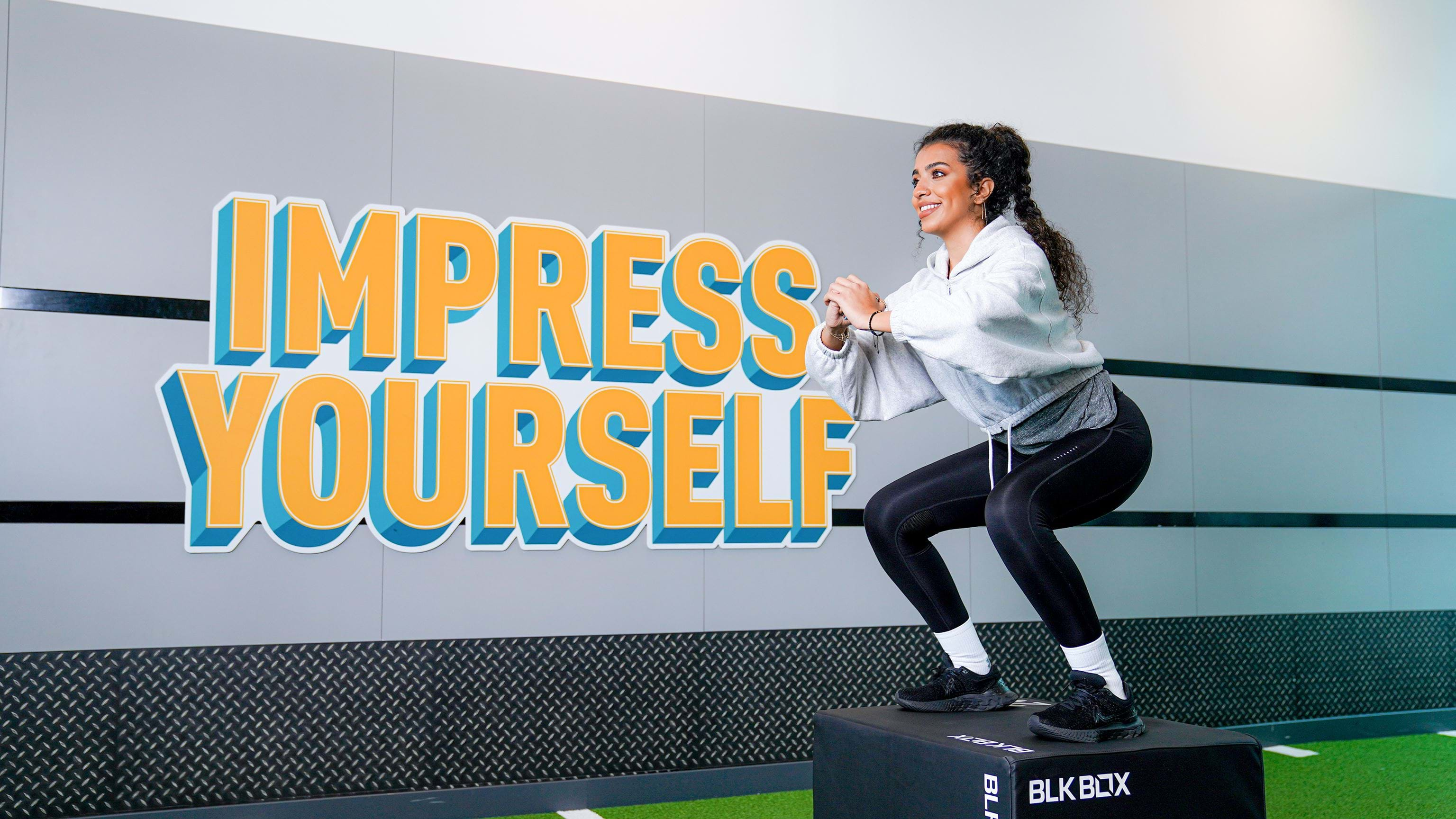How to Stay Hydrated and Energized During Ramadan

Staying hydrated while exercising during Ramadan and fasting can be tricky, but by picking the right foods for suhoor and iftar, focusing on hydration, and timing your workouts wisely, you can stay strong and active throughout the day. Here are some tips to help you optimize your workouts and keep feeling your best:
Start the Day Right: Suhoor Tips
Suhoor, the pre-dawn meal, is the most important meal during Ramadan It sets you up with the energy you need all day long. To help you make the most of it, here are some suhoor tips to keep you hydrated and fueled for your workouts:
• Choose Energy-Boosting Foods: Choose healthy carbs like whole grains, oats, and brown rice. Overnight oats are a popular choice, as it combines oats, Greek yogurt, chia seeds, fruit, and milk.
• Include a Good Source of Protein: Foods like eggs, Greek yogurt, and lean meats help keep you feeling full and maintain muscle strength.
• Stay Hydrated: Drink plenty of water and eat water-rich foods such as cucumbers, watermelon, and yogurt to prevent dehydration.
• Incorporate Healthy Fats: Add foods like avocados, nuts, and olive oil for a balanced and satisfying suhoor.
• Eat Fiber-Rich Foods: Fruits, vegetables, and whole grains aid digestion and provide lasting fullness.
What to Eat During Iftar
Breaking your fast with the right foods is key for staying hydrated—especially if you plan to exercise. A well-balanced iftar replenishes nutrients, supports muscle recovery, and keeps you energized for workouts. Meanwhile, try not to overeat in the evening, as the urge to “make up” for the day’s fast can lead to discomfort. Also, watch out for spicy foods that increase thirst, and limit salty options like pickles or salted fish, which raise your hydration needs. Aim to drink at least eight glasses of water between sunset and sunrise but avoid guzzling too much at once or with meals. Instead, sip water in small amounts throughout the night to stay properly hydrated.
Choose Water-Rich Foods and Drinks
Hydration isn’t just about drinking water. You can also get fluids from water-rich foods. Here are a few worth adding to your meals and snacks:
• Cucumber: Composed of around 95% water. Enjoy it as a snack, add it to sandwiches, or blend it into refreshing drinks.
• Watermelon: Watermelon contains 92% of water and contains vitamins A, B6, and C. You can add pieces of watermelon to your salad, snack on it, or make watermelon juice to help with digestion and reduce bloating.
• Fruits and Vegetables: Many fruits and vegetables like strawberries, peaches, and celery are full of nutrients and high in water content.
• Broths and Soups: Broths and soups are usually water-based and can be very hydrating and nutritious. Low in calories, they may also help with weight management.
Exercise at a Time that Works for You
Finding the best time to work out during Ramadan depends on your schedule, energy levels, and recovery. One option is to work out before suhoor, typically between 4 and 5 AM, giving you time to replenish calories and fluids before fasting begins. On the other hand, many people prefer to train right before they’ve broken their fast. You could do a light workout just before iftar and refuel right afterward or break your fast with a small snack like dates and coffee, exercise, then enjoy a full meal post-workout.
Ultimately, choose a workout time that fits your energy levels and helps you recover well each day.
Frequently Asked Questions
- Do fasted workouts burn more fat?
No, not necessarily. Fasted workouts let your body access stored fat for energy, but overall fat loss still depends on total calorie balance.
- Will I lose muscle if I work out on an empty stomach?
Not necessarily. With proper planning, you can maintain muscle while exercising on an empty stomach. Stay hydrated, adjust workout intensity, and eat balanced meals at suhoor and iftar.
- Is it okay to lift weights without eating?
Yes, you can still lift weights without eating, but you may experience reduced energy and be unable to lift as much as usual. Consider lowering the weight or intensity of your workouts, and stay alert for any light-headedness.